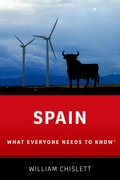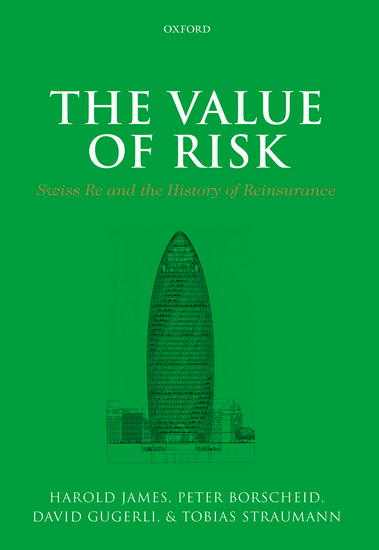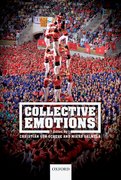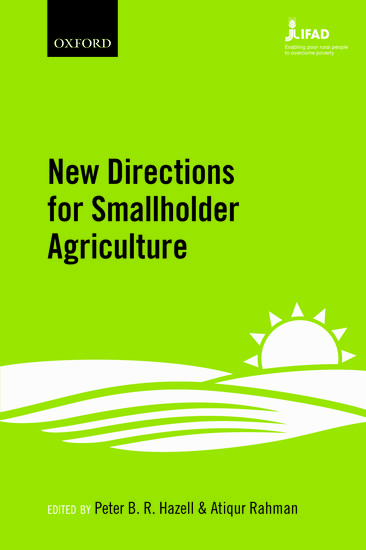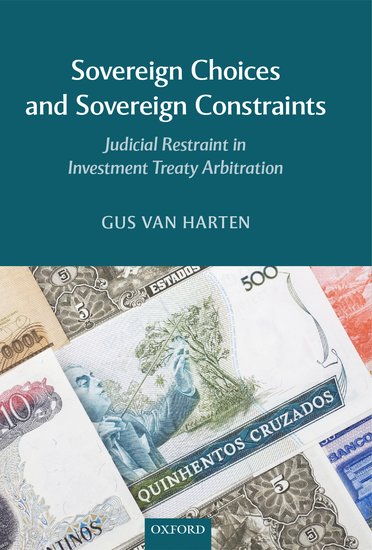The political economy of policy transitions
By Michael Trebilcock
The long fight to end slavery, led by William Wilberforce, among many others, culminated in Britain with the enactment of the Slavery Abolition Act in 1833. This Act made provision for a payment of £20 million (almost 40% of the British budget at the time) in compensation to plantation owners in many British colonies — about US$21 billion in present day value.

